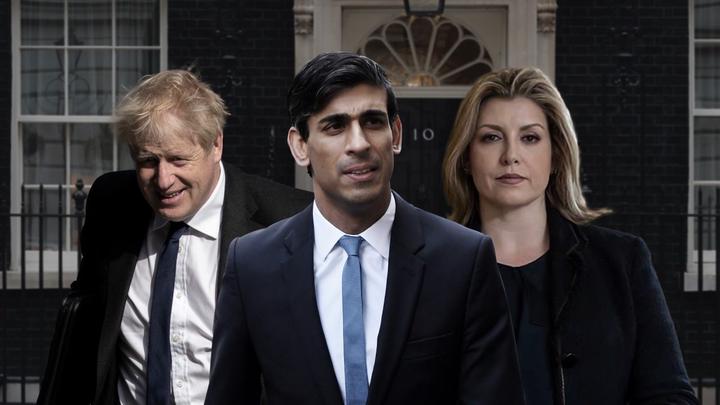Selecting Sunak: Conservative MPs’ Nomination Preferences in the (Second) British Conservative Party Leadership Election

Abstract
This article utilises an original dataset covering all members of the Parliamentary Conservative Party (PCP) to analyse the basis of support for Rishi Sunak, Boris Johnson and Penny Mordaunt in the October 2022 British Conservative Party leadership election. The significance of our findings is that they form the basis for a new understanding of how conservatism in the UK is changing post-Brexit. Our political variables include constituency majority size, red wall status, constituency support for leave, an MP’s position in the June 2022 vote of confidence in Johnson’s leadership of the Conservative Party, ministerial status and rebellion rates on key legislation. Our ideological variables include EU referendum position and membership of the European Research Group and the Conservative Environment Network, along with whether MPs are classed as socially liberal, socially conservative or pro-levelling up. We find that candidates appealed to different, often rival, sections of the Conservative Party. In line with previous studies of this nature, social liberalism still represents a key dividing line within the party, and the European dimension of intra-party conflict has remained significant in light of the UK’s decision to leave the European Union.